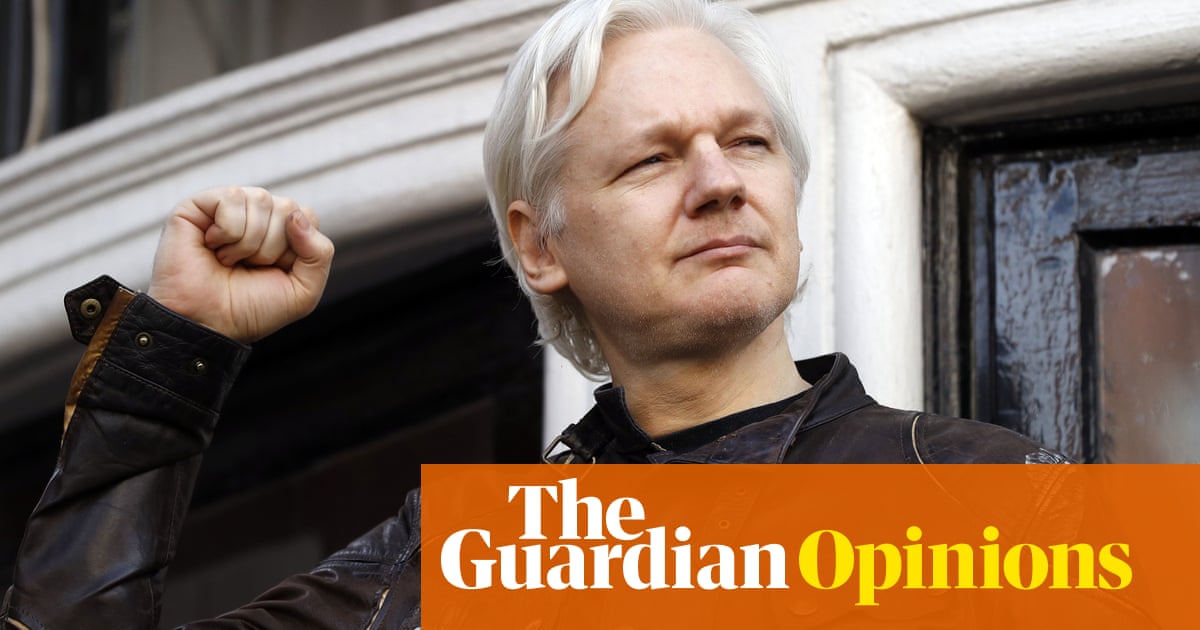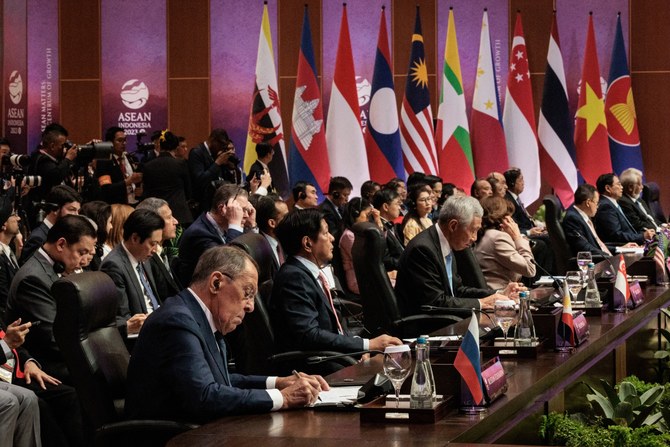
With just days to go until the highly anticipated #DayX – the UK high court hearing that represents the beginning of the end in the US government’s extradition case against Julian Assange – the world has largely lost sight of the man at the centre of the storm.
Now 52, the WikiLeaks founder’s former rock-star persona has faded after 13 years of deprivation of liberty. Assange has spent nearly five of these years in London’s notorious Belmarsh prison, where after months of fighting for access, we at Reporters Without Borders (RSF) were finally permitted a series of visits, starting in August 2023, with the publisher we’ve worked so hard to defend.
RSF defends Assange because of his contributions to journalism: WikiLeaks’ publication of more than 250,000 leaked classified US military and diplomatic documents in 2010 informed extensive public interest reporting around the world. These stories revealed war crimes and human rights violations that have never been prosecuted; only the publisher has been pursued in the US, on 17 counts under the Espionage Act and one count under the Computer Fraud and Abuse Act, in connection with the publication of the leaked documents.
If extradited to the US, Assange faces a staggering possible prison sentence of 175 years. He would be the first publisher prosecuted for leaking classified information to the press under the Espionage Act, which lacks a public interest defence and is in dire need of reform. This would set a dangerous precedent for journalists and media organisations that publish stories based on leaked information, and have a chilling effect on public interest reporting.
Given the high stakes for journalism and press freedom, we have been dismayed to be confronted with extensive barriers to our UK-focused work on Assange’s case. Our prison visits followed months of fighting for access after the prison arbitrarily barred us in April 2023, when we were refused entry for a vetted prison visit on the grounds that the prison had received “intelligence” that we were journalists. As a non-governmental organisation (NGO), our role differs from that of journalists. We sought access to discuss our advocacy efforts directly with Assange rather than to interview him for a media report. Over the next four months, we sought legal advice, submitted subject access requests, secured an intervention by a member of parliament, and engaged in extensive correspondence with Belmarsh. In August 2023, the block on our access was finally lifted, and we became the only NGO that has been able to visit Assange in prison.
This is not the first time the British system has created obstacles to our work on Assange’s case. We have experienced extensive and evolving barriers to accessing court hearings as NGO observers, often having no choice but to queue outside for up to five hours, very early in the morning and sometimes in freezing temperatures, to secure one of the few spaces in the public gallery. At one point during the pandemic, we were threatened with arrest simply for queueing to get into court. This absurd series of restrictions meant that RSF was the only NGO to monitor the full proceedings. We have not experienced such barriers, which effectively violate the principles of open justice and the right to a fair trial, in any case we have monitored in any other country.
But these difficulties are nothing compared with the violations Assange has faced directly, including the fact that he has not been allowed to attend court hearings in person since 6 January 2021 – the last time he was seen outside prison walls.
Prisons are always grim places, and high-security Belmarsh is no exception. It’s hard to describe how Assange himself is faring in this environment, which is a stark contrast to his previous life of freedom, or even to his years at the Ecuadorian embassy. Assange’s worrying state of mental health, and his risk of suicide, have been well-documented in the medical evidence presented to court. But he is still very much involved in his case and fighting for his future.
These visits allowed us to discuss and evaluate Assange’s situation with him, and RSF’s interventions led to him finally being permitted a typewriter, which he had been requesting for three years. On our last visit in January, he was clearly unwell and in pain, with a broken rib due to excessive coughing from a respiratory illness. It is a bleak and unjust situation, but it’s also clear how much worse the conditions of extradition and long-term detention in the US would be, which he may not survive.
Of course, Assange should not be in prison anywhere – not in the UK, nor the US, nor Australia, as was suggested to the UK court by the US authorities. No one, anywhere, should be targeted for publishing information in the public interest. Assange should be immediately released – perhaps through a political solution if not the courts, given the political nature of the case against him.
The possibility of extradition is dangerously close. From 20 to 21 February, a panel of two high court judges will consider Assange’s final application to appeal against the order for his extradition. Any grounds that are rejected this time cannot be further appealed against, leaving the European court of human rights as his only further recourse.
In the meantime, Assange is in a high-security prison nearly 4,000 miles from the epicentre of the case, reading through a pile of books in his cell, finally typing some letters, and chatting with the few visitors who manage to navigate the myriad obstacles to get in. He has referred to his possible extradition as “Day P” – the day he might be put on a plane. It remains to be seen whether the British judiciary will deliver some form of justice at this late stage by preventing extradition, or whether the UK will become the country that enables a historically damning blow to press freedom, and the right of all of us to know.
Christophe Deloire is secretary-general and Rebecca Vincent is director of campaigns at Reporters Without Borders












